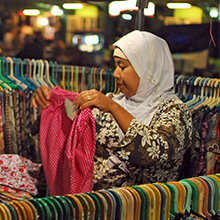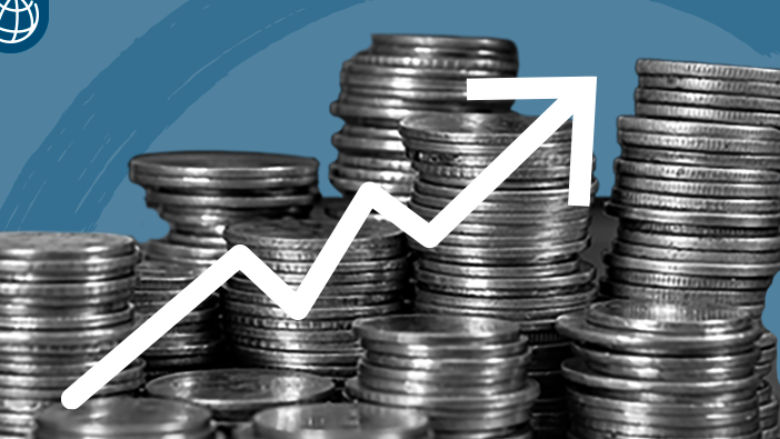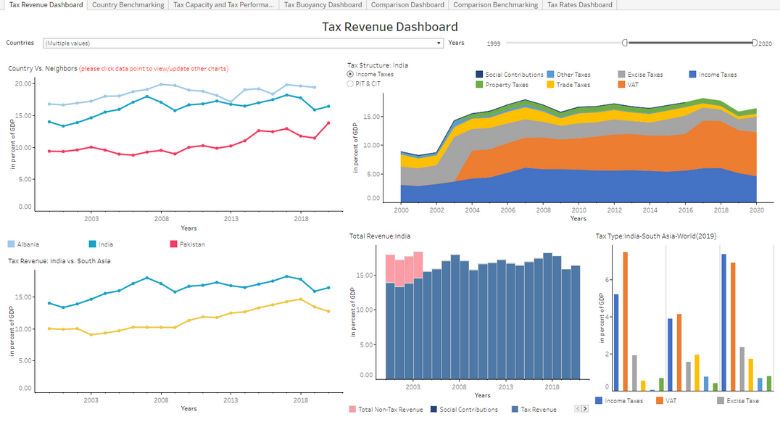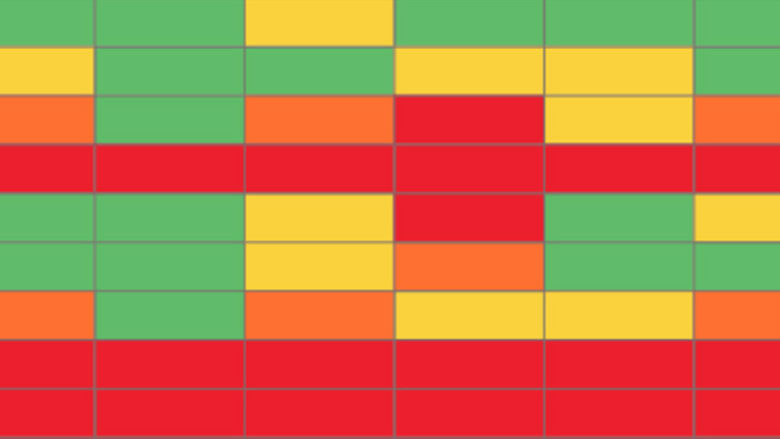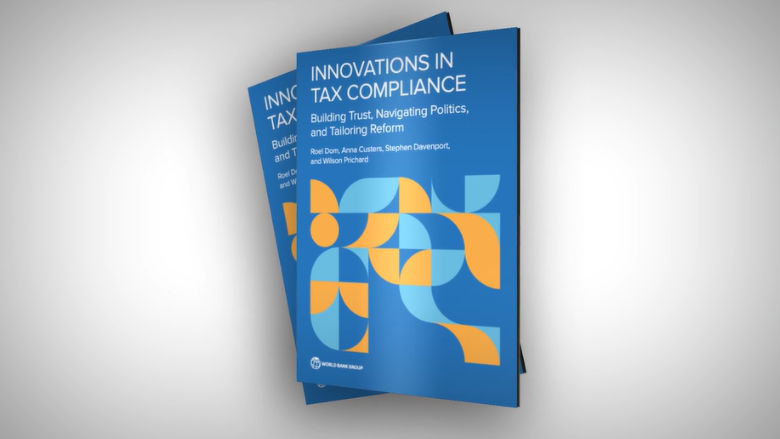The world has entered a new era of rapid global change driven by major shifts in demographics, wealth, technology, and climate.
But economic growth has been uneven, has come at the expense of the environment, and has already slowed due to climate damages. Global challenges — including fiscal strains on governments exacerbated by the COVID-19 pandemic, conflicts, environmental degradation, resource depletion, and record levels of displacement — are threatening recent gains. These challenges are compounded by intensifying systemic risks, including trade tensions, rising debt levels, and increasing inequality.
To accelerate sustainable economic growth and inclusion, developing countries must tackle a variety of challenges. These include low levels of productivity and international competitiveness, inefficient public spending, inadequate domestic resource mobilization, price distortions from fiscal systems that discourage sustainability, lack of economic resilience, increasing debt levels, and the rising danger of climate change.

